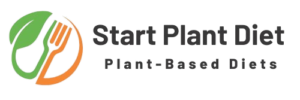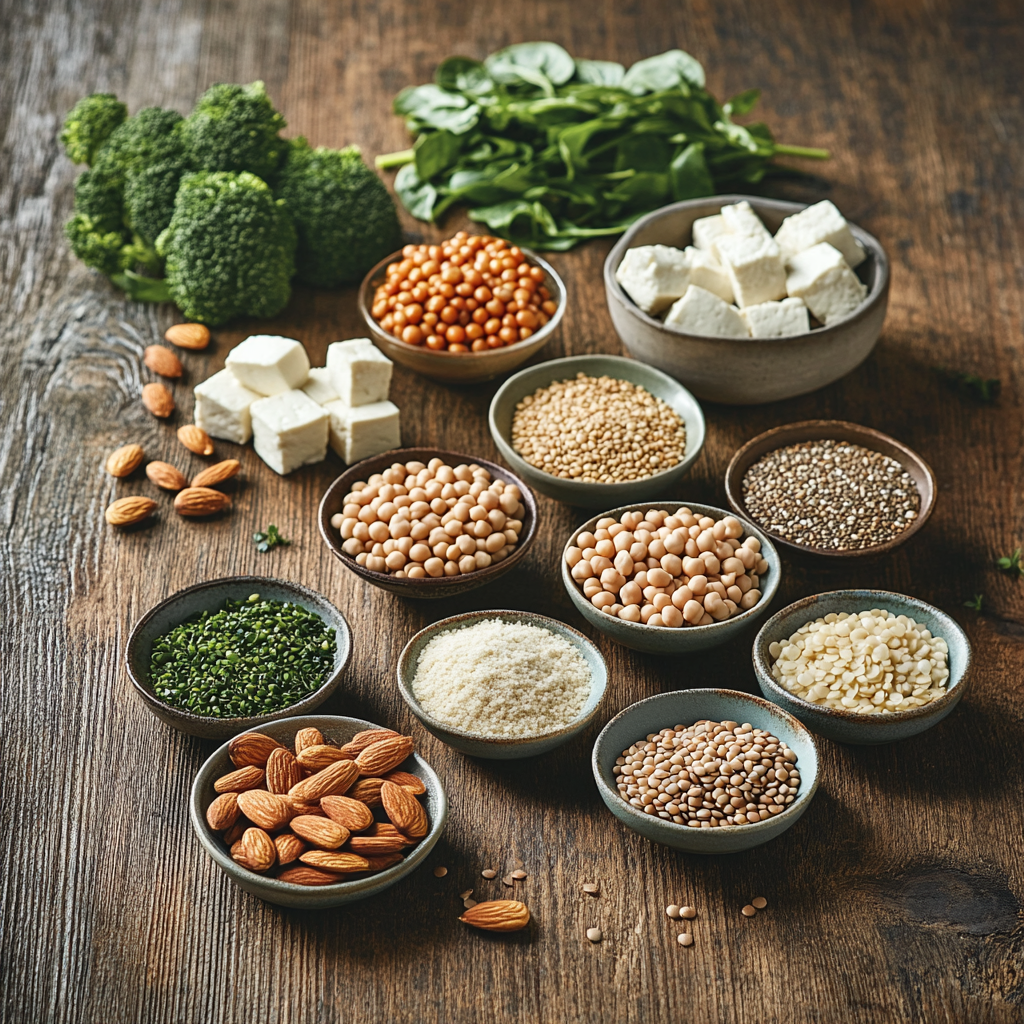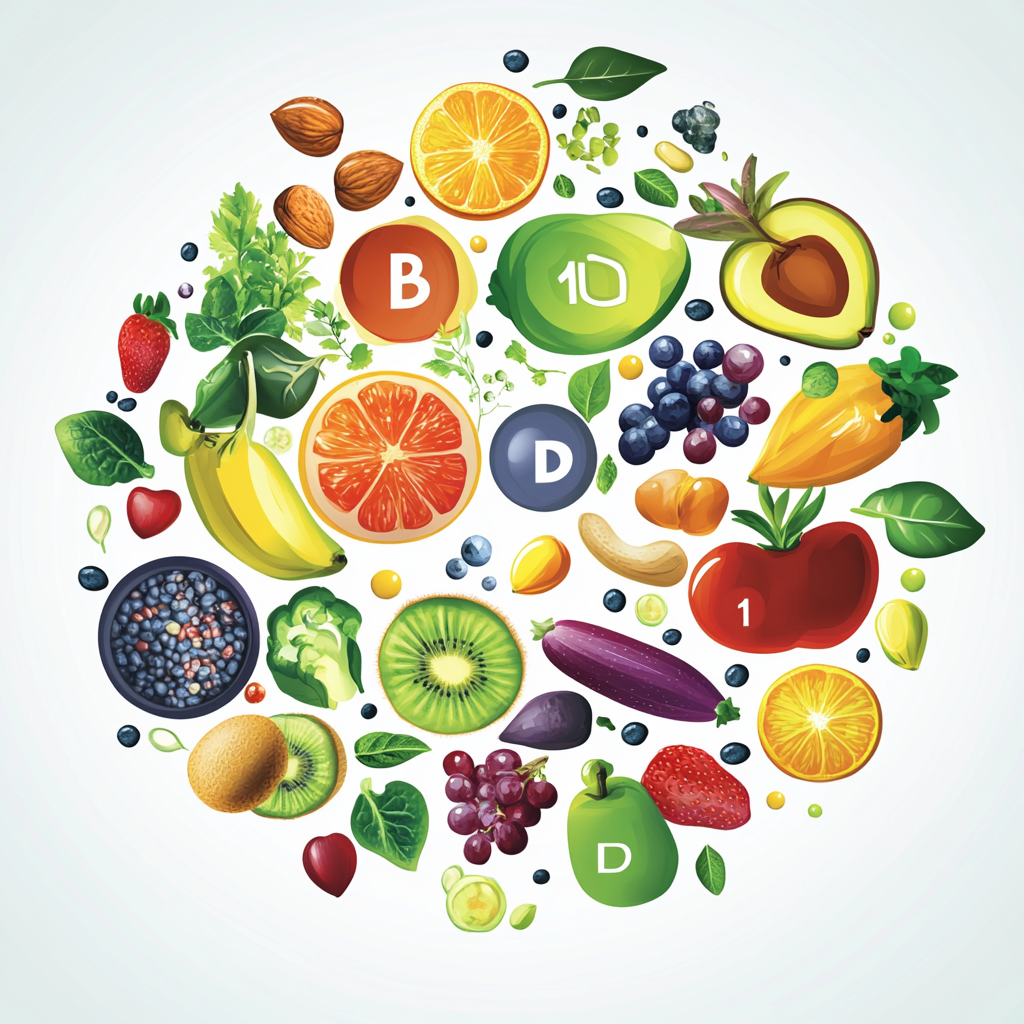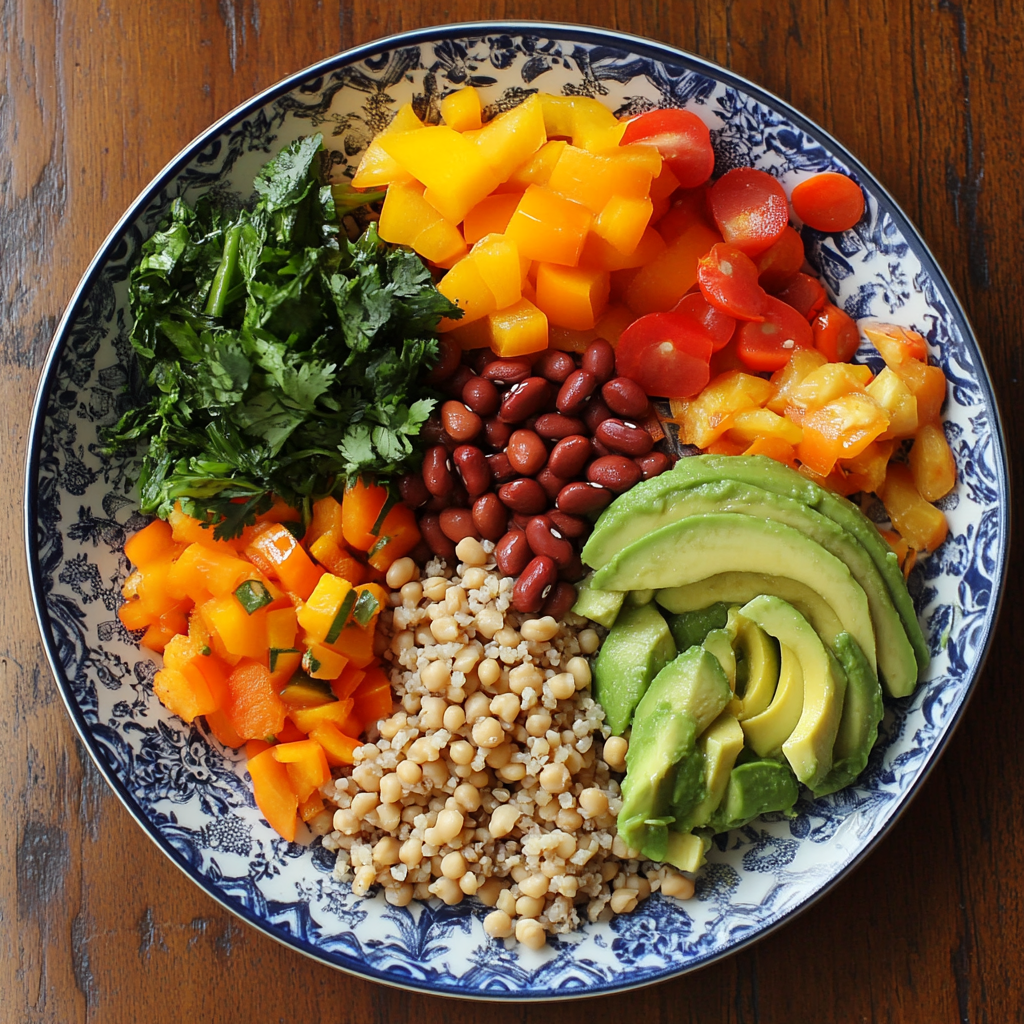Veganism is a lifestyle that people choose for various reasons including its ethics, environment and health. Some of the reasons for adopting vegan food are discussed below considering the importance and necessity of veganism:
- Many people believe in animal rights and also on animals in different farms. As a response to various experiments and animal exploitation, vegetarian food is accepted.
- Animal husbandry often leads to deforestation, it’s resultion in increased greenhouse gas emissions and water pollution. On the other hand, the cost of producing plant-based food is much lower and there is no possibility of any environmental damage.
- A balanced vegan diet, as outlined in a A balanced vegan diet, as outlined in a Vegan Nutrition Guide, can greatly reduce your risk of diabetes, high blood pressure, and heart disease, preventing these chronic diseases., can greatly reduce your risk of diabetes, high blood pressure, and heart disease, preventing these chronic diseases. Plant-based foods are rich in fiber and antioxidants and are low in saturated fat and antioxidants.

Section 1: Key Nutrients for Vegans
- Protein sources (legumes, tofu, tempeh, etc)
- Iron, calcium, and vitamin D.
- B12 and Omega-3 fatty acids.
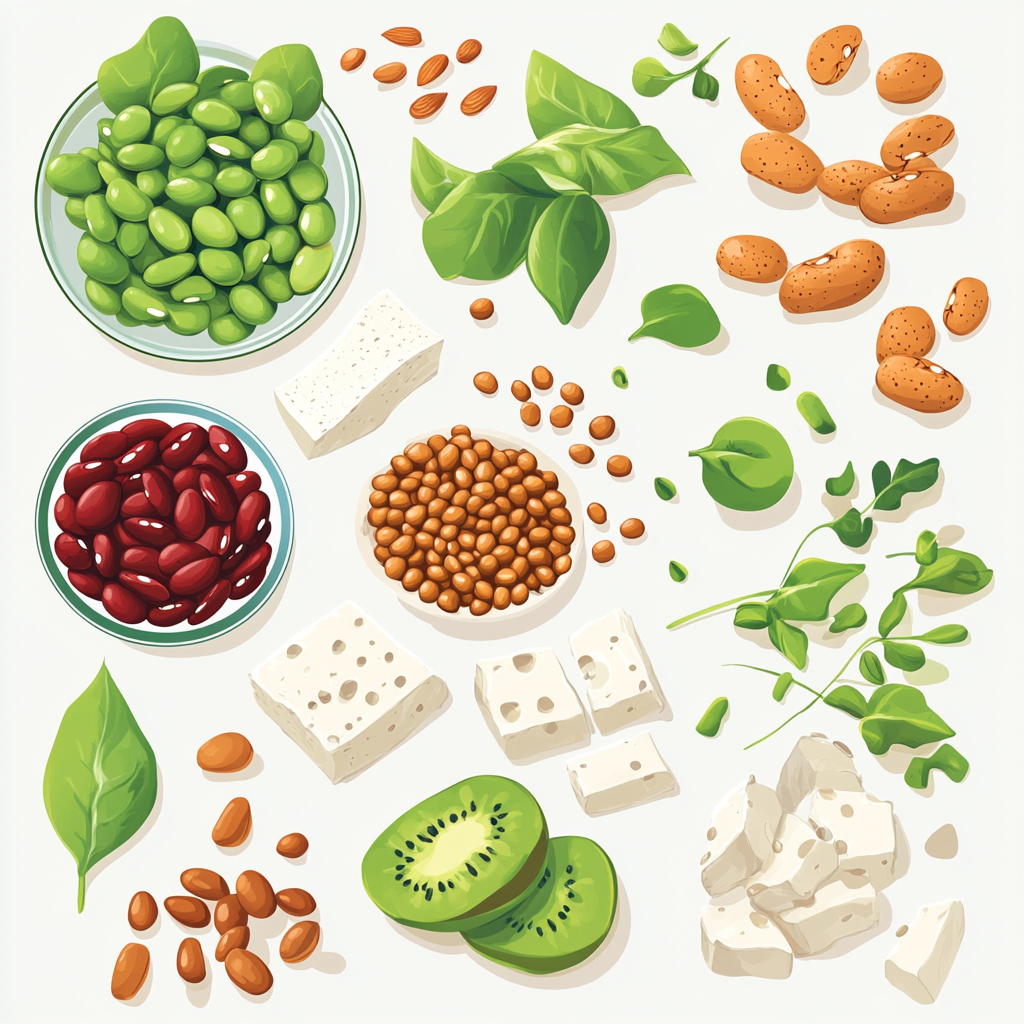
Section 2: Common Challenges and Solutions
A vegetarian should be very careful to ensure that there is no nutritional deficiency in any way. It can be overcome by following a proper diet. Here is the relationship between nutrient deficiencies and how to avoid them:
- Vitamin B12: This vitamin plays a role in maintaining your red blood cell production and nerve function. Deficiency of this vitamin will cause fatigue and weakness. Also memory loss and neurological problems will be faced.
- How to avoid them: Regularly consume foods rich in vitamin B12. For example, plant-based milk or nutritional yeast. Apart from this, you can also take vitamin B12 supplements.
- Hemoglobin: It is the oxygen-carrying component in your blood. And iron is essential for making this hemoglobin. Lack of it causes anemia, fatigue and weakness.
- How to avoid: Iron rich foods like chickpeas, beans, quinoa, pumpkin, spinach etc. should be eaten regularly. Foods rich in vitamin C help iron absorption. Tea , coffee should be avoided because they inhibit your iron absorption.
- Omega 3 fatty acid: it keeps your brain functioning properly and helps maintain heart health. Lack of it causes dry skin, joint pain and disruption in brain function.
- How to avoid: include chia seeds, walnuts, flaxseeds and algae-based ingredients in your daily diet. Algae supplements will work very quickly to make up for your omega-3 fatty acid deficiency.
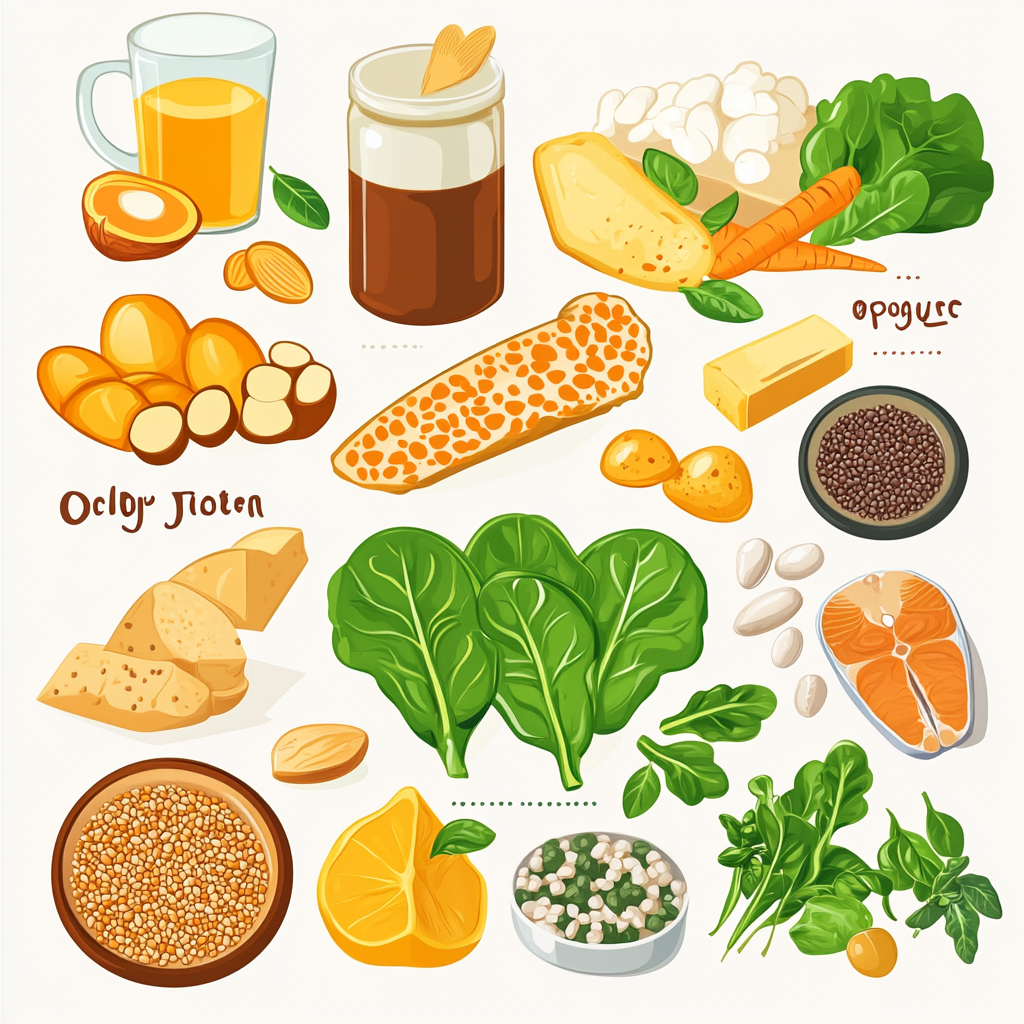
Section 3: Planning a Vegan Diet
Adopting strategies in meal planning can prevent food wastage, save time and ensure a balanced diet for you. Below are some effective strategies:
- Before eating any food, be sure about the purpose of taking that food. If you want to gain or lose weight then your diet chart will be made accordingly. Again if you want to take food to cure a certain disease then you can do that. Also you need a specific diet strategy for a healthy diet plan that saves money.
- Make a weekly menu according to the theme. And keep a variety of vegetables, beans and pulses in these meals. In addition to diversity in food, nutritional quality will also be properly maintained.
- During dinner you can cook extra and store it in the fridge. Extra food like soups and stews freeze very well. You can eat them for lunch the next day.
- Make meals by swapping out the ingredients you have. Make sure they contain the right amount of nutrients.

Section 4: The Environmental And Ethical Benefits
A vegan diet can support sustainability in many ways:
- The amount of greenhouse gases including carbon dioxide, nitrous oxide, etc. increases in the atmosphere through the production of animal foods. It will reduce the demand for animal food. This will reduce carbon emissions in the environment.
- Plant-based foods require less water than animal-based foods, so it helps conserve water. Especially in regions where water is scarce, it is highly profitable to produce vegan food without animal husbandry.
- Animal husbandry basically requires a large amount of grazing land and in addition to deforestation to make room for these animals, which brings biodiversity to the brink of destruction.
- Eating a vegetarian diet reduces stress on ecosystems and protects biodiversity.
There are also some ethical reasons for choosing a vegan lifestyle. Some of the notable reasons are:
- Many people adopt vegan food believing that animals also have the right to be free from exploitation and suffering. In industrial farming, most of the time, animals are kept in inhumane conditions and subjected to many other painful conditions.
- Feeding animals could satisfy the hunger of many people with large amount of grain and water. And this method will help a lot in world hunger and food security.
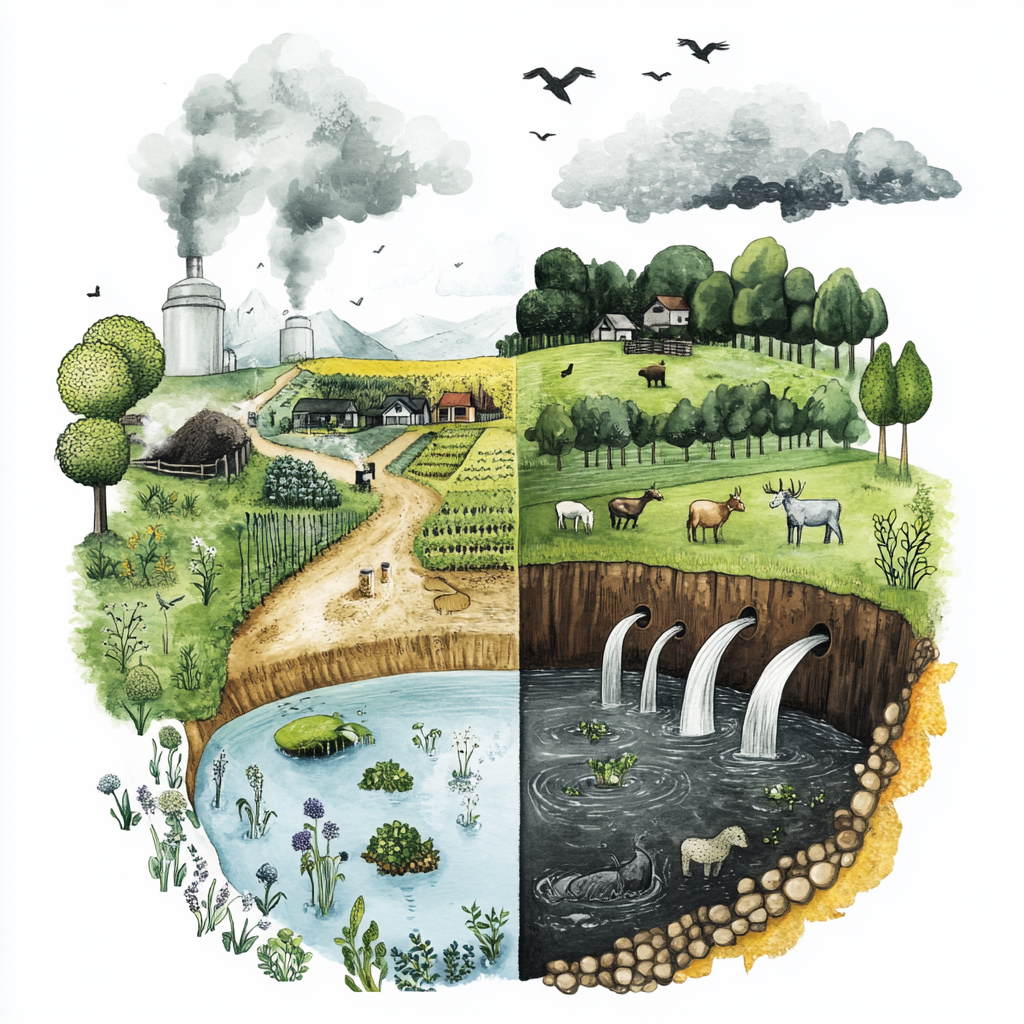
Section 5: A balanced diet gives us both health and ethical benefits:
Health Benefits:
- Plant-based foods such as vegetables, fruits and grains provide us with relief from various chronic diseases such as heart disease, type 2 diabetes. , high blood pressure etc.
- Vegan food is low in calories and rich in saturated fat which helps in controlling your weight.
- The high fiber present in vegan food keeps your digestive system healthy.
- Since plant-based foods do not contain bad cholesterol, they help keep cholesterol levels in check in your body, which keeps your heart healthy.
Ethical Benefits:
- Vegan food generally has no carbon footprint, which is very beneficial for the environment.
- By eating vegan food, you can reduce your dependence on animal products to a great extent, which will play a role in animal welfare.

So we can say that eating vegan food, can keeps our body fit and also it helps us to make this world livable.
